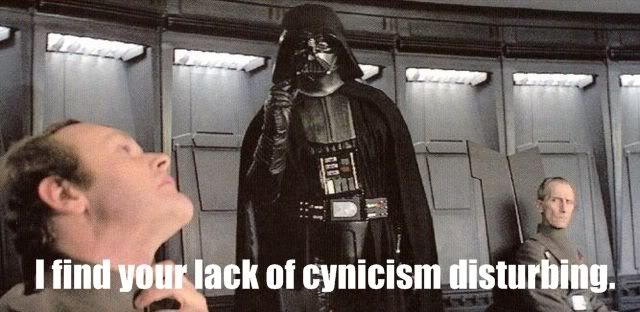Ruv Draba
Banned
- Joined
- Dec 29, 2007
- Messages
- 5,114
- Reaction score
- 1,322
If we exclude terrorism inflicted by a state on its own population, the balance of non-state inflicted terrorism seems to need a method for inflicting terrorist attacks, a grievance worth killing and/or dying for, and a belief that fear will create change.
Methods are readily available, and don't require Cold War weapons. Anyone who has access to petrol can be a terrorist. I think that modern ICT is probably the biggest enabler for terrorism. It allows better coordination and bigger attacks.
Strong grievances are plentiful and diverse -- ethnic grievances, religious grievances, economic grievances... historically, the grievances underpinning terrorism tend to be prolonged and one-sided. It seems to me that where it's possible, the most effective way to prevent terrorism is to understand and address the grievances before they're seen as worth dying for.
A belief that fear will create change... it seems to me that Western nations may be playing 'let's pretend' here. A showy fear campaign certainly gets attention these days. Does that attention create change?
Methods are readily available, and don't require Cold War weapons. Anyone who has access to petrol can be a terrorist. I think that modern ICT is probably the biggest enabler for terrorism. It allows better coordination and bigger attacks.
Strong grievances are plentiful and diverse -- ethnic grievances, religious grievances, economic grievances... historically, the grievances underpinning terrorism tend to be prolonged and one-sided. It seems to me that where it's possible, the most effective way to prevent terrorism is to understand and address the grievances before they're seen as worth dying for.
A belief that fear will create change... it seems to me that Western nations may be playing 'let's pretend' here. A showy fear campaign certainly gets attention these days. Does that attention create change?


